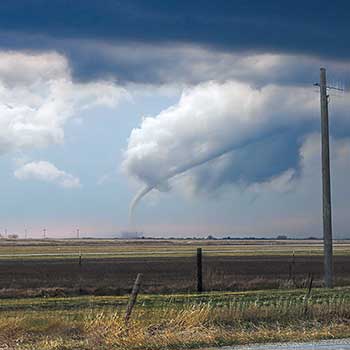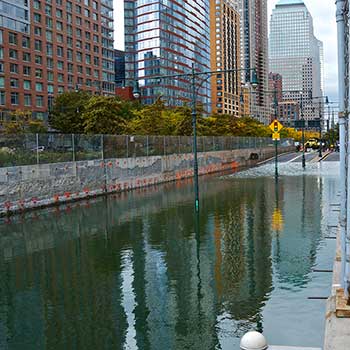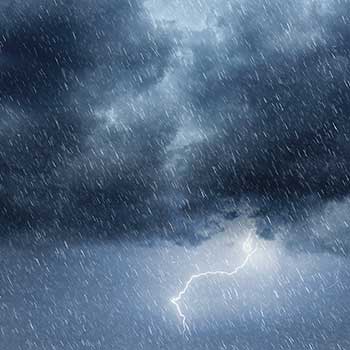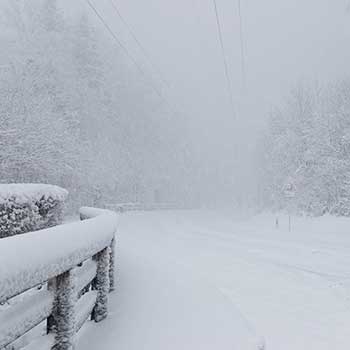Mold is a type of fungus that grows and thrives in damp and humid environments. It can cause a variety of health problems such as respiratory issues, allergies, and headaches. Mold can also damage your home and its contents.
How to Spot Mold
Mold can grow in many different areas, both visible and hidden. Here are some signs to look for to spot mold in your home:
Visible Mold: Mold can often be seen as dark spots or patches on walls, ceilings, floors, and other surfaces. It can appear in different colors such as black, green, or white.
Musty Smell: Mold has a distinct musty smell that is often the first sign of its presence. If you notice an unpleasant smell that doesn’t go away even after cleaning, it’s a good indication that mold is present.
Water Stains: Water stains on walls, ceilings, or floors can be a sign of mold growth. These stains may be discolored and often appear as a yellow or brownish color.
Allergic Reactions: If you or your family members experience symptoms such as sneezing, coughing, itchy eyes, or a runny nose, it may be a sign of mold growth in your home.
3 Common Causes of Mold in Your Home
High Humidity Levels: Mold thrives in damp and humid environments. If your home has high humidity levels, it can create the perfect conditions for mold growth. You can use a dehumidifier to reduce the humidity levels in your home and prevent mold growth.
Water Leaks: Water leaks from pipes, roofs, or windows can create moisture and dampness in your home, leading to mold growth. It’s important to fix any water leaks as soon as possible to prevent mold from spreading.
Poor Ventilation: Poor ventilation in your home can trap moisture and prevent air circulation, creating an environment that is perfect for mold growth. Make sure to open windows and doors, use exhaust fans, and regularly clean your HVAC system to maintain good ventilation in your home.
It’s essential to be aware of the signs of mold and its common causes to prevent it from growing in your home before it results in a more costly problem. If you’re dealing with mold, contact us for a free consultation. We are happy to have one of our claims consultants visit your home, help you document the damage, and help you understand what you’re entitled to under your insurance policy. Your insurance company has their experts, you should, too.






